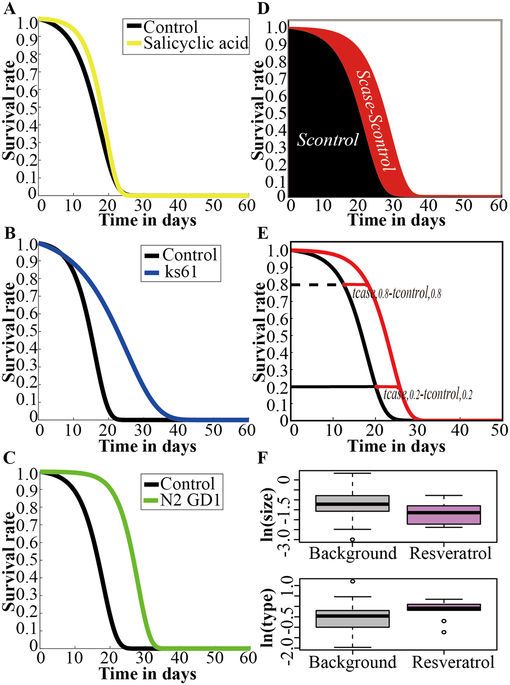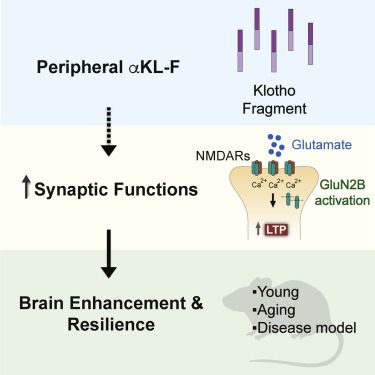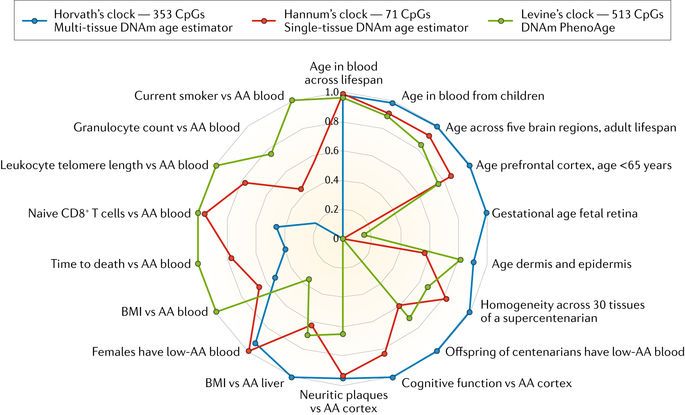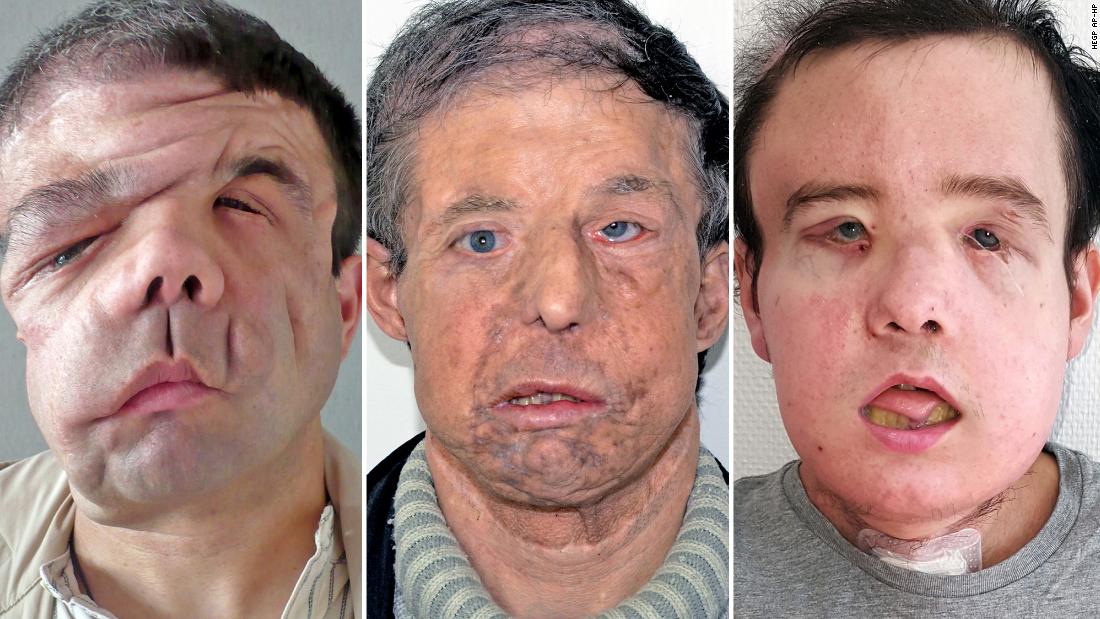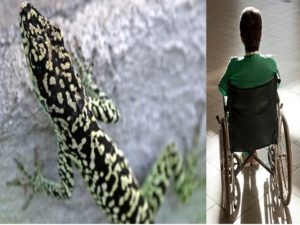Archive for the ‘genetics’ category: Page 427
Apr 22, 2018
Natural Causes
Posted by Derick Lee in categories: biotech/medical, genetics, life extension
“Old age isn’t a battle,” she says, quoting Philip Roth, “old age is a massacre.” In the past few years, she has given up on screenings and scans. Not that she is lazy or suicidal. But at 76, she considers herself old enough to die. All the self-help books aimed at her age group tell her otherwise; they talk of “active ageing”, “productive ageing”, “anti-ageing”, even “reverse-ageing”, with a long life promised to anyone who makes an effort, regardless of factors such as genetics or poverty. But to her, ageing is “an accumulation of disabilities”, which no amount of physical activity or rigorous self-denial can prevent. If she has symptoms, she’ll have them investigated. But when a doctor tells her there could be an undetected problem of some kind, she won’t play along.
A great iconoclast has written a polemic about ageing that sends up New Age platitudes and is full of scepticism of the wellness industry.
Blake Morrison
Apr 21, 2018
Amazon’s Running a Big Sale On 23andMe’s New and Improved DNA Testing Kits
Posted by Genevieve Klien in categories: biotech/medical, genetics, privacy
If you aren’t freaked out by privacy concerns of DNA testing kits (basically, they may sell anonymized genetic data, but not personally identifiable data), the tests are getting better, and 23andMe’s are on sale today.
Apr 21, 2018
Peripheral Elevation of a Klotho Fragment Enhances Brain Function and Resilience in Young, Aging, and α-Synuclein Transgenic Mice
Posted by Manuel Canovas Lechuga in categories: biotech/medical, genetics, life extension, neuroscience
Peripheral Elevation of a #Klotho Fragment Enhances Brain Function and Resilience in Young, Aging, and α-Synuclein Transgenic Mice.
Klotho is a longevity factor associated with cognitive enhancement when genetically and widely overexpressed over the lifetime of mice. Leon et al. show that peripheral delivery of a klotho fragment, αKL-F, acutely enhances cognition and neural resilience in young, aging, and disease model mice, establishing its therapeutic relevance and dissecting its underlying mechanisms.
Apr 20, 2018
Bioquark Inc. — Glowing Skin Podcast — Ira Pastor
Posted by Ira S. Pastor in categories: aging, bioengineering, biotech/medical, business, chemistry, DNA, genetics, health, innovation, life extension
Tags: anti-aging, bioquark, cosmetics, health, Life extension, skin, wellness
Apr 19, 2018
PERFECT Official Trailer (2018) Abbie Cornish Sci-Fi Movie HD
Posted by Sean Brazell in categories: bioengineering, biotech/medical, genetics

Follow us on Twitter ▶ https://goo.gl/8m1wbv
A young man with a violent past enters a mysterious clinic where the patients wildly transform their bodies and minds using genetic engineering.
Continue reading “PERFECT Official Trailer (2018) Abbie Cornish Sci-Fi Movie HD” »
Apr 18, 2018
DNA methylation-based biomarkers and the epigenetic clock theory of ageing
Posted by Manuel Canovas Lechuga in categories: biotech/medical, genetics, life extension
Biomarkers of ageing based on DNA methylation data enable accurate age estimates for any tissue across the entire life course. Horvath and Raj review the development of these ‘epigenetic clocks’ and how they link to biological ageing.
Apr 18, 2018
Bioquark Inc. — Cracking the Entrepreneur Code Podcast — Ira Pastor
Posted by Ira S. Pastor in categories: aging, biotech/medical, business, disruptive technology, DNA, economics, finance, genetics, health, life extension
Tags: anti-aging, bioquark, biotech, business, health, invention, Venture Capital, wellness
Apr 17, 2018
Man’s second face transplant is a world first
Posted by Genevieve Klien in categories: biotech/medical, genetics, neuroscience
A man in Paris has become the world’s first to successfully receive two facial transplants.
Jérôme Hamon, 43, underwent his first face transplantation procedure in 2010 to treat neurofibromatosis, a genetic disorder characterized by the growth of tumors along nerves in the skin, brain and other parts of the body. Yet Hamon’s body rejected the original transplant.
In January, a team of surgeons and paramedics at Georges Pompidou European Hospital AP-HP, led by surgeon Dr. Laurent Lantieri, performed Hamon’s second transplant.
Continue reading “Man’s second face transplant is a world first” »
